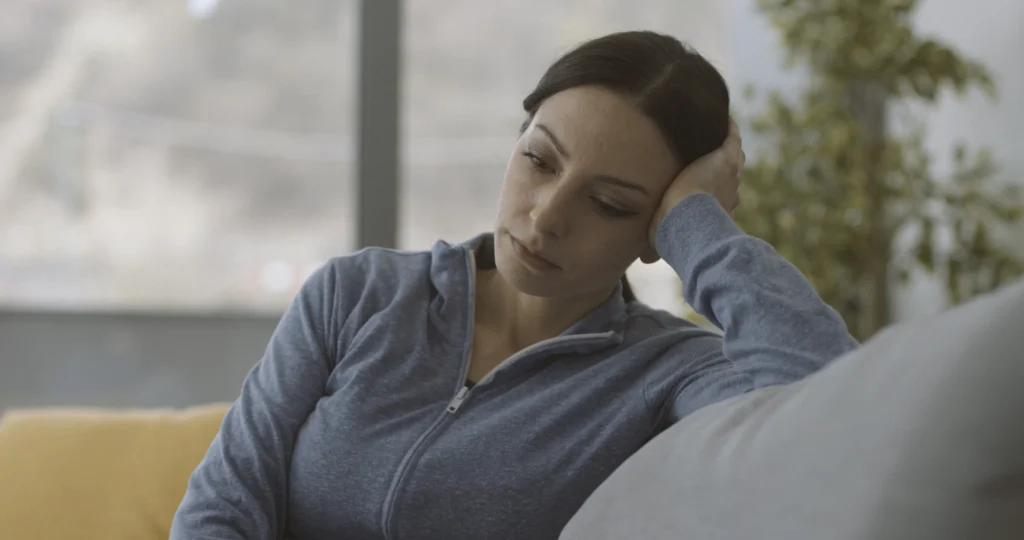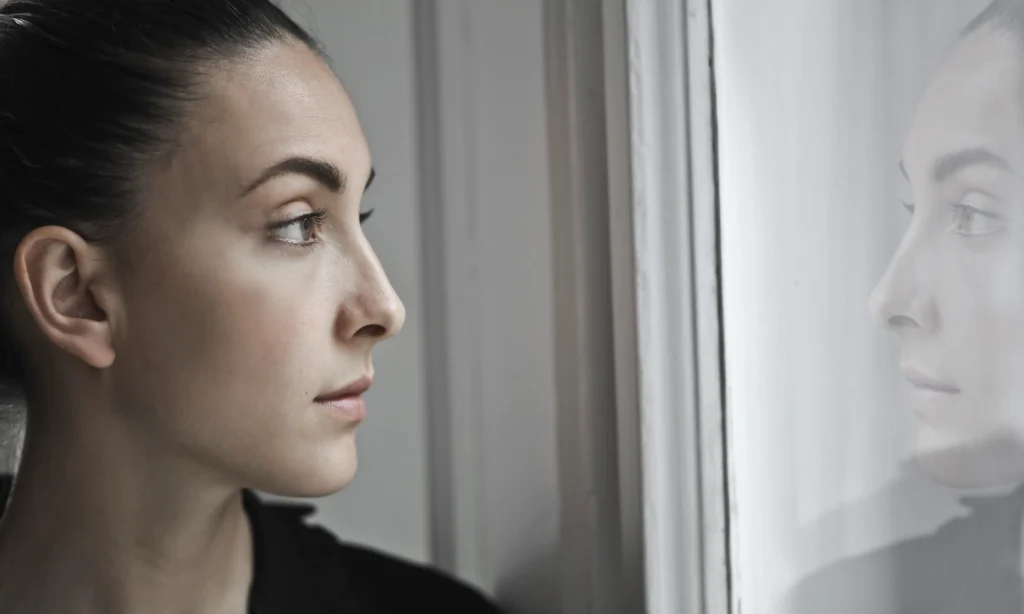If you have Adult Attention Deficit Hyperactivity Disorder (ADHD), you may experience many more symptoms other than just problems with memory and focus. First of all, Adult ADHD can cause social insecurity, difficulty with communication skills and emotional expression in your intimate relationships, ineffective decision-making and problem-solving skills, and frequent academic and professional mistakes or missed deadlines. Secondly, your tendency toward impulsive and disorganized actions may cause others to perceive you as selfish and irresponsible, and you may even perceive yourself as generally inadequate as a human being. Third, you may have co-existing anxiety symptoms, due to an embarrassing lack of effective time management skills in many of your daily tasks and due to frequent struggles with maintaining a sense of purpose, control, and fulfillment.
If you have Adult ADHD, you may have difficulty staying organized with personal responsibilities, such as forgetting about your child’s homework assignments and doctor’s appointments, making late bill payments, and procrastinating household chores. You may also struggle with impulsiveness and emotional control. Furthermore, in the workplace, you may not prioritize tasks or accomplish projects in a timely manner. This pattern can seriously inhibit your ability to progress in your career and can cause a chronic sense of failure or underperformance. Finally, due to the chaotic and self-deprecating existence which often characterizes those with Adult ADHD, it is common to have a comorbid (or co-existing) diagnosis of Social Anxiety Disorder or Panic Disorder.

Panic Disorder is characterized by random episodes of intense anxiety and ruminating thoughts which focus on powerlessness and fear. You may be aware that these thoughts are illogical and that your fears are unfounded, yet you can become lost in these panic episodes to the point of severe physiological symptoms, such as a pounding heart rate, tightness in your throat, profuse sweating, chills, trembling or shaking, and/or shortness of breath. Panic attacks typically begin suddenly and in random situations, such as when you are driving, talking to a friend, shopping, socializing, or are in the middle of a business meeting. You may have occasional panic attacks, or they may occur frequently. Panic attacks have many variations, but symptoms usually peak within minutes. You may feel fatigued and worn out after a panic attack subsides.
One of the worst things about panic attacks is the intense fear about when the next one will occur. In fact, you may fear having panic attacks so much that you avoid certain situations where they are likely to occur. Panic attacks can be viewed as our brain’s “alarm system” which responds to a perceived threat. However, if you have Panic Disorder, these perceived threats can occur unexpectedly or when experiencing a stressful situation. If you do not use the coping strategies for managing a panic episode when it first enters your conscious awareness, your bodily functions can become dramatically out of control, such as feeling as if you will faint or even die.

A final and very important point to remember about the link between Adult ADHD, Social Anxiety Disorder, and Panic Disorder is that they are all very detrimental to your well-being, self-confidence, and ability to achieve your life goals. Also, you may retreat into a state of emotional avoidance as a coping strategy for the insecurity and self-doubt which is caused by your ADHD symptoms, social awkwardness, and panic episodes. You may even totally disconnect from your romantic partner, family members, or friends, causing them to feel confused, angry, and emotionally unheard. Unfortunately, the roots of Adult ADHD, Social Anxiety Disorder, and Panic Disorder are extreme shame and guilt which result from being unable to adequately control your thoughts, emotions, and behaviors. Therefore, the emotional avoidance can become a pattern which continues to hinder your well-being in all areas of functioning.
STRATEGIES FOR MANAGING THESE DISORDERS
Cognitive behavioral therapy (CBT) has been proven as a highly effective treatment method for Adult ADHD, Social Anxiety Disorder, and Panic Disorder. CBT teaches you different ways of thinking, behaving, and reacting to the feelings that happen during or before a panic attack, during social situations, and during work or academic tasks which require sustained attention and thought organization. Exposure Therapy is a common CBT method that focuses on confronting the fears and self-defeating beliefs associated with each of these three disorders. Exposure Therapy can empower you during activities which you have been avoiding. Moreover, Exposure Therapy is often used along with relaxation exercises and mindfulness training strategies. Antidepressants, such as Selective Serotonin Reuptake Inhibitors (SSRIs) and Serotonin-Norepinephrine Reuptake Inhibitors (SNRIs), beta-blockers, and anti-anxiety medications, such as benzodiazepines, are other treatment options. However, it is imperative that you research any medication before beginning a daily or even an as-needed regimen.

Remember that stepping into the challenges which life inevitably presents is extremely dependent upon your inner talk. This inner talk can be understood as self-statements which guide your behaviors throughout each day and influence how you perceive others’ behaviors toward you. Your self-statements have the power to create an optimistic and focused reality. You can apply empowering self-statements at any waking moment to refocus your attention on important tasks or to minimize your “negativity triggers.” Dealing with these triggers is not easy, yet you will find that your ability to overpower these triggers is a valuable tool in facing more of life’s unknowns.


